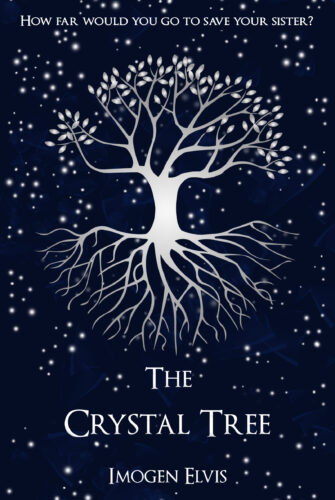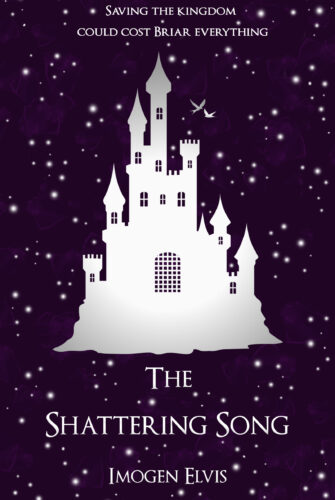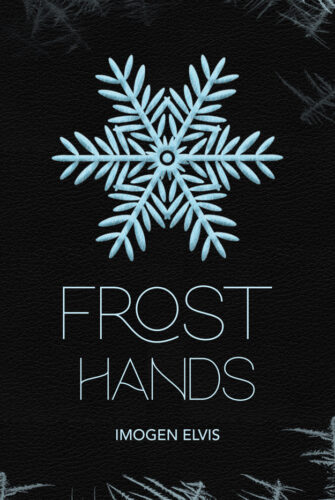As writers, we have some of the best tools available to us. From Scrivener to Dragon Dictation, online thesauri and websites full of research right at our fingertips. Not to mention that being able to write on the computer makes the whole process so much easier, form being able to write faster, edit on the same page, cut and move large blocks of text, and removing the need for legible handwriting. I love how easy computers make writing nowadays. However, though I type all my books on computer, I still make handwriting a large part of my creative process, especially when brainstorming and plot hole fixing.
This is something I’ve always done. I have whole notebooks filled with notes for almost every single novel I’ve ever written. I’ve written in cars, at cafes, curled up in armchairs, and on holidays away from home. My handwriting is absolutely atrocious, and I always end up having to type the notes up onto the computer so I can actually use them. In that way, it almost seems inefficient to bother writing everything by hand in the first place. And yet, I don’t believe it’s actually a waste. There’s something different about writing with a pen, a mental shift between typing on the computer and writing in a physical notebook.
When I write by computer, everything feels so immediate. Ideas are more final. There’s no space between the thought appearing in my head and it going down on the page, no time for the idea to expand or for new threads to spin off the sides. The immediacy of typing is fantastic when I’m following the thread of a story and i can’t get the words down fast enough as the adventure progresses. But for creative thinking, where I’m looking for ideas and possibilities, the computer becomes restrictive.
When it comes to brainstorming new ideas, handwriting gives me more space. I can’t hand write nearly as quickly as I type, which is a great thing when generating ideas. In the space between thinking about the idea and actually being able to record it, new thoughts spin off the original one, and the possibilities expand. My mind stays in the creative space for longer, rather than recording the idea instantly and then coming to a dead stop. More ideas come in the slower, creative space of handwriting than in the frantic typing phase.
I think too, that an advantage of handwriting over typing when it comes to generating ideas is that separation from the immediacy of the computer and everything that brings with it. On the computer, everything is so instant. Instant communication on social media. Instant recording of ideas. Instant connection with everything. Things have to happen now, now, now. There’s so much going on and so much pressure for me to do all the things at once, to have the perfect idea and be done with it. Stepping away means that I am intentionally putting myself in a creative space where it’s ok if I just sit and think without putting anything down for a while. All I have to focus on is the process of creating without worrying about anything else.
And then, when it comes to typing everything up afterwards, I can cut straight through the mess and find the best ideas among all the possibilities. I can write everything up clearly and concisely so that all these messy thoughts are usable (and legible!). Typing up my creative notes gives me a chance to separate the useful ideas from those that maybe don’t fit as well. it’s more logic based, more discerning and judging, a head space I’ve always found the computer facilitates well. A different tool for a different purpose and part of the creation process.
In this day and age, the computer is making it easier than ever to write. And I for one am 100% on board with that. I love my computer and all the amazing programs and tools it gives me. But I still feel that there is room in the creative process for a good old notebook and pen, and some definitely advantages to stepping away from the screen for a while to create in a slightly different way. But these are just my thoughts and experiences on typing vs handwriting when it comes to brainstorming. Maybe your experiences are different. I’d love to hear your thoughts. Do you hand write everything? Never hand write at all? Do you experience the same shift when you write by hand in oppose to typing everything? Let me know your thoughts in the comments down below. I’d love to hear from you!
Participating in Camp NaNoWriMo? Check out my post series to help you get set up and ready to go:
What Is Camp NaNoWriMo and Why Should You Participate?












Good post Imogen. I mostly write on the computer but, I will write little bits of ideas in a notebook. Especially when it is a very new idea and I don’t have a story to write. And if it is something that I don’t even have a character at that point, it is very nice to just write down what I have at that moment. I don’t think that I get more of a story out handwriting though. Maybe I don’t try. Not really sure.
Notebooks are perfect for capturing all those random little ideas, aren’t they? I always carry at least one notebook wherever I go, just in case of random inspiration. I definitely think handwriting is a personal preference. I love the feeling of freedom that it gives me and the sense of space, but i know it’s not for everyone. So lovely to hear from you Grace!